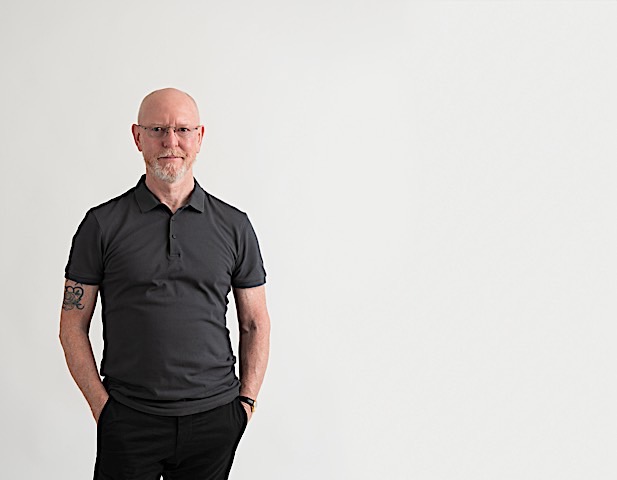How to Stay Sharp, Energised, and Inspired
Hello , Episode 482 of The Genius Life, featured exercise scientist Dr. Bill Campbell who reminds us that how we move, eat, rest, and relate today shapes our ability to stay mentally agile and professionally relevant in our sixties and beyond. Not with hacks or extremes—but with steady, science-backed habits. The good news is that it doesn’t require overhauling your life. In fact, it might look more like giving yourself permission to pause, play, and prioritise what truly motivates you. Here's the breakdown: Move to Remember Aerobic exercise isn’t just heart-healthy—it’s brain-boosting. Dr. Campbell points to BDNF (brain-derived neurotrophic factor), a compound your brain loves because it helps neurons grow and connect. Pair brisk walks, swimming, or bike rides with strength training twice a week. Muscles aren’t just for lifting things—they help regulate blood sugar, improve sleep, and yes, sharpen focus. Wise tip: Treat exercise like brushing your teeth—simple, regular, non-negotiable. Try this:
Feed the Brain You Want to Keep Your brain demands quality fuel. That means enough protein to keep neurotransmitters humming, and healthy fats to reduce inflammation and support cell function. Dr. Campbell recommends 20–30g of protein per meal, plus omega-3-rich foods like salmon, walnuts, or chia seeds. He also mentions Creatine which supports cognitive function, neural recovery from concussion, and potential anti‑aging pathways. Something you may want to consider adding to your diet. Wise tip: Start thinking of meals as mental performance enhancers, not just fuel stops. Try this:
Recover Like a Pro (Even If You’re Not One) You know those days when you feel foggy no matter how much coffee you drink? Often, it’s not the work—it’s the recovery you didn’t get. Sleep is where your brain tidies up, files memories, and resets emotional balance. Dr. Campbell, who learned this the hard way through a sports injury, now sees warm-ups and wind-downs as brain-protective tools—not optional extras. Wise tip: Sleep isn’t a luxury. It’s your brain’s nightly maintenance appointment. Try this:
Recharge in Tiny Doses Mental fatigue doesn’t need a weeklong vacation—it needs five minutes of breath, movement, or laughter. Campbell emphasises micro-recovery: quick resets like a walk around the block, a deep-breath break, or a chat with a friend. These act like a pressure release valve on your nervous system—and your creative flow. Wise tip: Build pauses into your calendar the way you do meetings. Try this:
Final Thought: Think of This as a Loop, Not a Ladder There’s no finish line to cognitive health. It’s more of a rhythm—a loop of movement, nourishment, rest, and connection that, when done consistently, allows your brain to thrive over time. But here’s the deeper insight: your mind was never meant to work alone. As author Annie Murphy Paul reveals in The Extended Mind, the smartest thinking doesn’t just happen inside your head—it happens in your body, in nature, and in your relationships. A walk outdoors? That’s your brain using the environment to reset. A good night’s sleep? That’s your body consolidating insight. A coffee with a friend? That’s cognition, distributed. So this isn’t just self-care—it’s life enhancing. It’s you designing a world that thinks with you. The best part? You don’t need to overhaul your life. Just start with the version of this routine that fits your reality, and let the habits compound like cognitive interest. Because being in your sixties shouldn’t mean slowing down—it should mean showing up with more wisdom, resilience, and energy than ever. Stay curious, stay healthy, and keep thriving! Nigel Rawlins Check out all the Wisepreneurs Podcasts |





